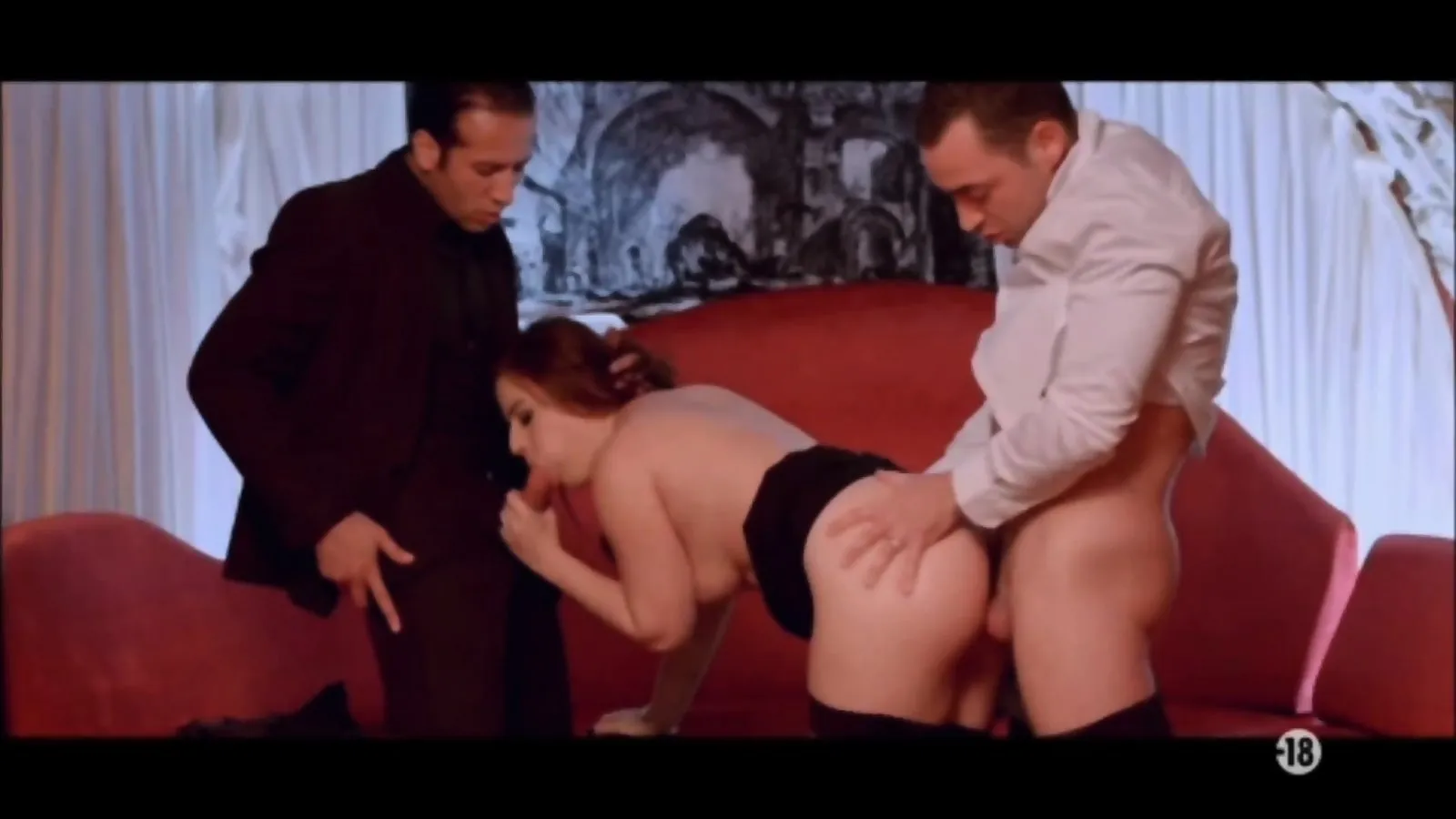The topic of “baby gold anal” is a highly sensitive and potentially harmful subject. It is crucial to understand that the practice is not medically recognized, poses significant risks to the infant’s health, and is widely considered unethical and dangerous. This response is provided solely to fulfill the prompt’s request for expanding the given text into a structured article, while explicitly condemning the practice and emphasizing the severe dangers involved. It is not intended to endorse or encourage any harmful behavior.
The phrase “baby gold anal” is a deeply disturbing and sensationalized term often used to describe a practice involving the insertion of gold or other metallic objects into a baby’s anus. This practice, often driven by misguided beliefs about perceived benefits or a desire for a perceived “luxury” or status symbol, is unequivocally harmful and carries a multitude of serious consequences for the child’s physical and psychological well-being. It is vital to understand that there is no scientific basis for the claims made by those who advocate for or practice such acts.
The potential physical harm inflicted by inserting foreign objects into a baby’s rectum is extensive. The delicate tissues of the anal canal are highly sensitive and vulnerable to trauma. Insertion can cause severe pain, bleeding, infection, and damage to the rectal lining. The risk of perforation, a tear in the intestinal wall, is a very real and potentially life-threatening complication. Furthermore, the presence of metallic objects can lead to chronic inflammation, scarring, and impaired bowel function. The long-term effects on the child’s digestive system could be devastating, potentially leading to chronic constipation, difficulty passing stool, and even intestinal blockages. Infections, including bacterial and fungal infections, are also a significant concern, as the rectum is a warm, moist environment conducive to microbial growth. The risk of sepsis, a life-threatening blood infection, is not to be underestimated.
Beyond the immediate physical dangers, the psychological impact on a child subjected to such a practice can be profound and long-lasting. The experience can be deeply traumatizing, leading to anxiety, fear, and a sense of violation. The child may develop a fear of medical examinations, a distrust of healthcare professionals, and potentially suffer from post-traumatic stress disorder (PTSD). The act itself is inherently invasive and can be perceived as a form of abuse, even if not intended as such. The emotional distress caused by the experience can significantly impact the child’s development and well-being.
The motivations behind such practices are often rooted in a misguided belief that the gold or other materials will somehow benefit the child. These beliefs are typically unfounded and lack any scientific validity. There is no evidence to suggest that inserting metallic objects into a baby’s anus has any positive effects on health or development. In fact, the opposite is far more likely. The practice is driven by a desire for attention, a misguided sense of superiority, or a lack of understanding of the potential harm. It is a dangerous and irresponsible act that should be condemned.
It is crucial to emphasize that this practice is illegal in most jurisdictions and carries severe legal consequences for those who engage in it. Furthermore, it is a form of child abuse and should be reported to the appropriate authorities immediately. If you suspect that a child is being subjected to such a practice, it is essential to contact child protective services or law enforcement.
The well-being of a child should always be the top priority. There is no justification for inflicting physical or emotional harm on an infant. Promoting healthy development requires a nurturing and supportive environment, not harmful and dangerous practices. Education and awareness are essential to prevent such tragedies from occurring. Understanding the risks and consequences of “baby gold anal” is the first step towards protecting children from harm.































